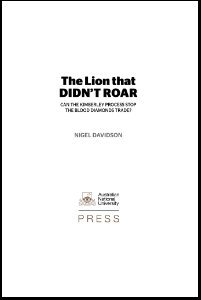By Vaclav Prusa
In 2023, President Mnangagwa secured a second term amid allegations of election irregularities and corruption in Zimbabwe. Despite anti-corruption efforts, challenges include political interference and resource constraints, hindering transparency. Though there have been efforts to address corruption in the natural resources sector, progress in prosecuting politically exposed persons and recovering stolen assets has been uneven. Likewise, hopes for reform since Mnangagwa's 2017 presidency have been tempered by enduring corruption, economic challenges, and human rights abuses. And illicit financial flows, notably linked to corruption in mining, timber, and wildlife, pose a significant international threat as they have drained billions of dollars from the country. Though civil society and independent media play crucial roles in exposing corruption, initiatives such as The Patriot Act, introduced in 2023, raises concerns about suppressing dissent and investigative journalism.
Chr. Michelsen Institute (CMI) in Bergen, Norway ; Berlin: Transparency international, 2023. 26p.



